A woman has revealed how she caught her unfaithful ex-partner cheating thanks to recordings found on her Amazon speaker - a function she had no idea existed until she started her investigation.
Tagged with privacy
Earlier this month, ex-BBC presenter Alex Belfield was jailed for stalking and harassment.One striking aspect of the case was that he was given leave by the judge to file social media updates reporting on his own trial.
Facebook stores most user information in plaintext on its servers, meaning the company can access it if it is compelled to do so with a warrant. The company routinely complies with law enforcement requests.
“Nothing in the valid warrants we received from local law enforcement in early June, prior to the Supreme Court decision, mentioned abortion," Meta, the company that owns Facebook said in a statement Tuesday evening.
Users will be able to leave group chats silently, control who can see their online status and block screenshots on View Once messages.
Meta chief executive Mark Zuckerberg said this would help keep WhatsApp messaging "as private and secure as face-to-face conversations".
It will begin rolling out the features this month, highlighting them in a global campaign, starting in the UK.
Amazon, the online retail giant, has confirmed handing over Ring doorbell camera footage to law enforcement at least eleven times so far this year without a search warrant or the knowledge of the owner, according to a disclosure shared by U.S. Senator Ed Markey on Wednesday.
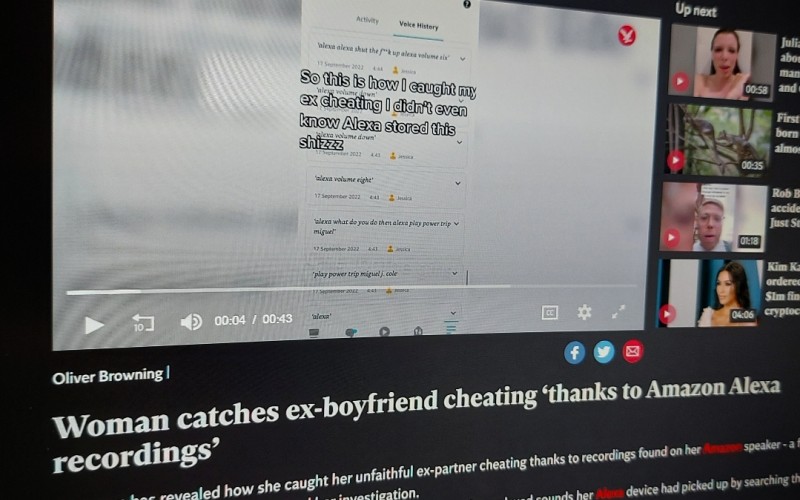
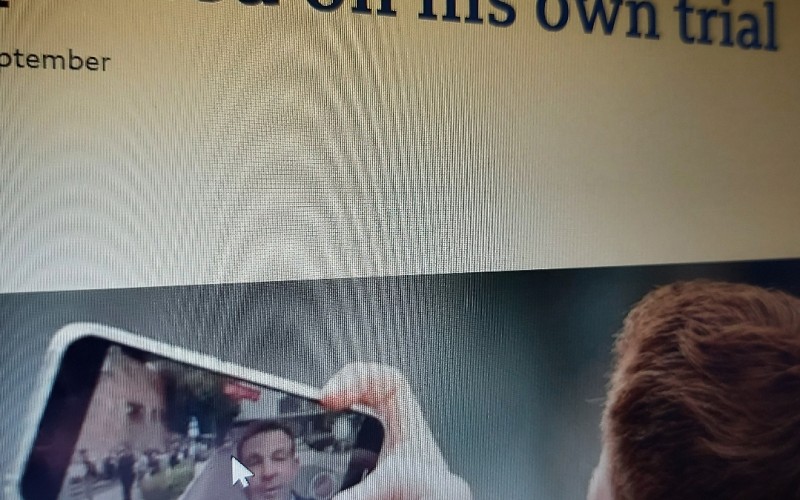
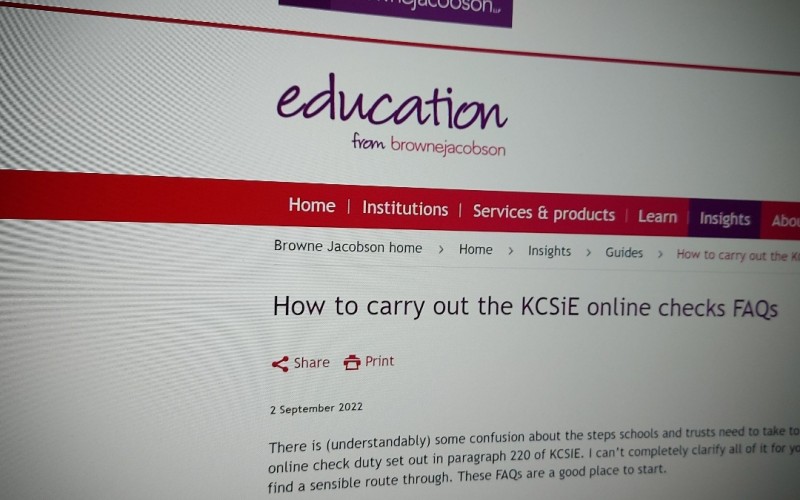

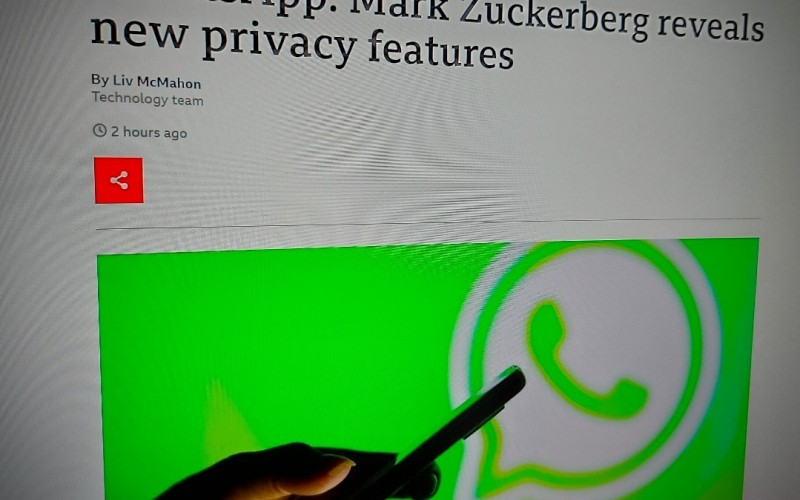
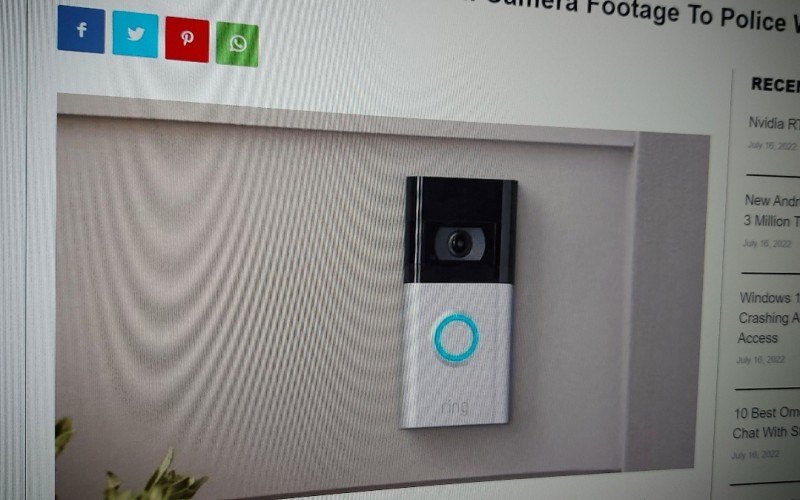
Comments
make a comment